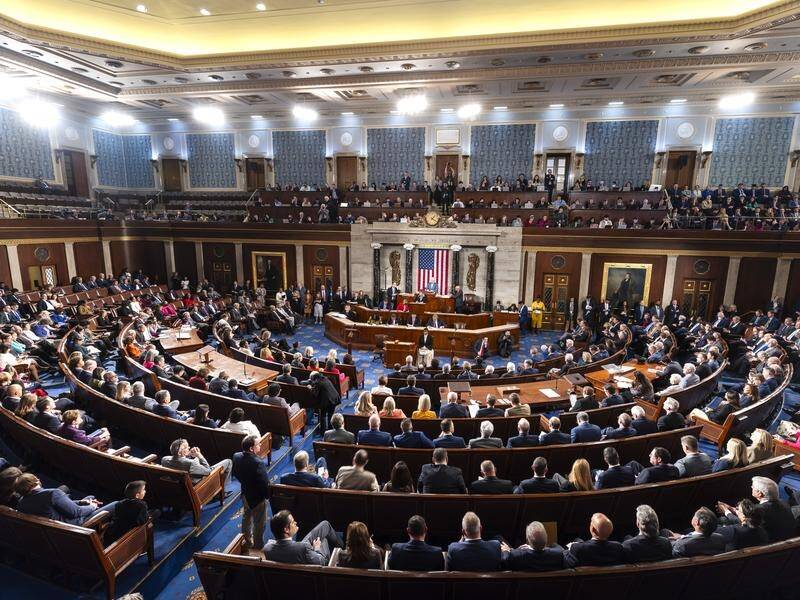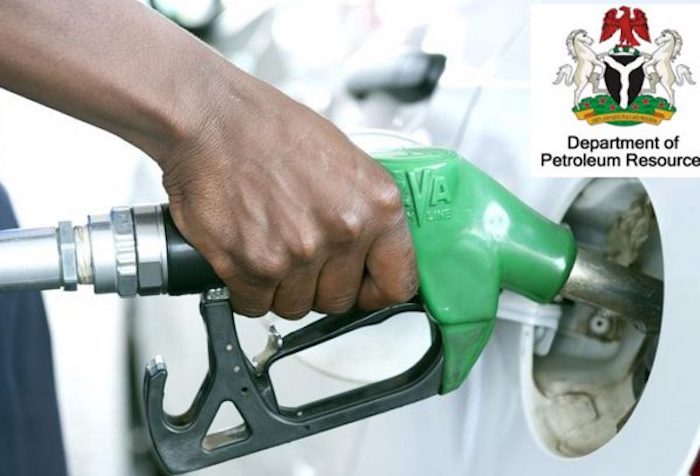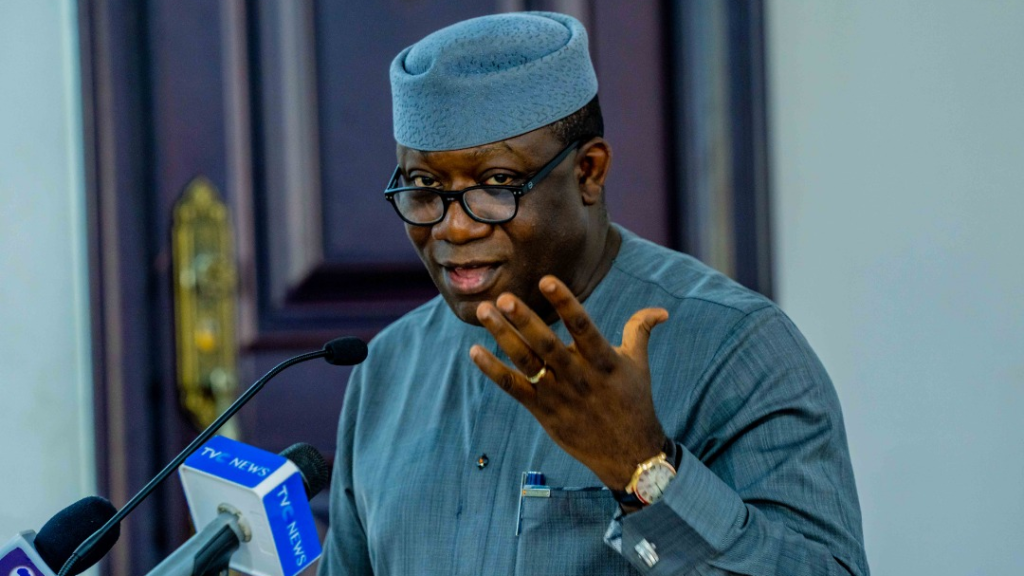The National Bureau of Statistics (NBS) has released the latest inflation data, revealing a significant increase in Nigeria’s inflation rate to 31.70 per cent in February.
This surge marks a notable rise from the 29.90 per cent recorded in January 2024, according to the ‘Consumer Price Index and Inflation Report’ for February.
The report highlights a 1.80 per cent increase in the headline inflation rate from January, indicating a concerning upward trend in the cost of living for Nigerians.
“In February 2024, the headline inflation rate increased to 31.70% relative to the January 2024 headline inflation rate which was 29.90%.
“Looking at the movement, the February 2024 headline inflation rate showed an increase of 1.80% points when compared to the January 2024 headline inflation rate,” the report read in part.
On a year-on-year basis, Nigeria’s headline inflation rate climbed by 9.79 per cent compared to February 2023, further exacerbating the economic challenges faced by citizens.
Food inflation also witnessed a sharp increase, reaching 37.92 per cent on a year-on-year basis in February.
This surge, which represents a 13.57 per cent rise compared to February 2023, was attributed to notable price hikes in essential food items such as bread, cereals, potatoes, yam, fish, oil, meat, fruit, and beverages.
Government Response and Economic Impact
Friday’s figures underscore the challenges faced by Nigerians amidst soaring inflation rates, triggered by factors such as the removal of fuel subsidies and the floating of the naira.
These economic policies have sparked protests across the nation, prompting assurances from the government to address the prevailing challenges.
Despite the inflationary pressures, Governor of the Central Bank of Nigeria (CBN), Yemi Cardoso, remains optimistic about a potential decline.
“Inflationary pressures are expected to decline in 2024 due to the CBN’s inflationary targeting policy aiming to rein in inflation to 21.4 per cent, aided by improved agricultural productivity and easy global supply chain pressures.
“The Nigerian foreign exchange market is currently facing increased demand pressures causing a continuous decrease in the value of naira,” he told members of the House of Representatives in February.
While authorities remain committed to addressing the economic challenges, the persistence of high inflation rates underscores the urgent need for comprehensive strategies to mitigate the adverse effects on Nigerians’ livelihoods.



























